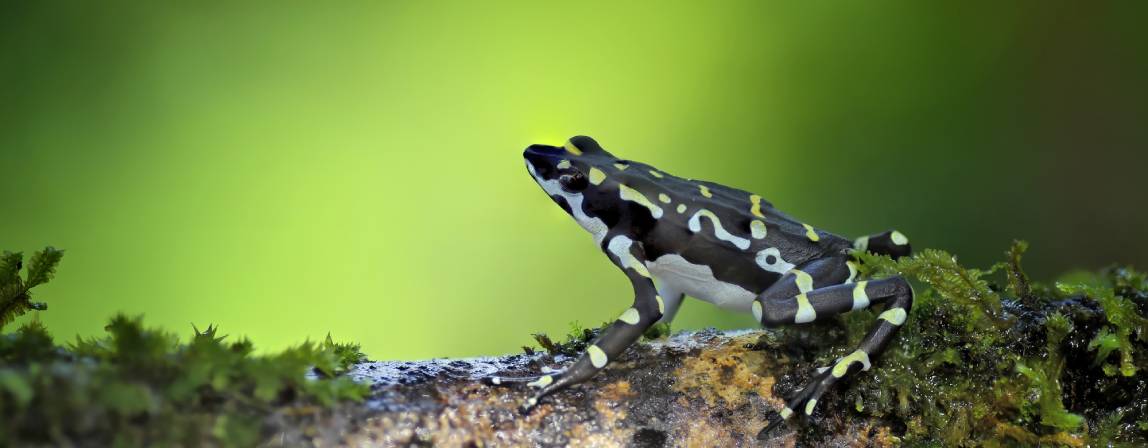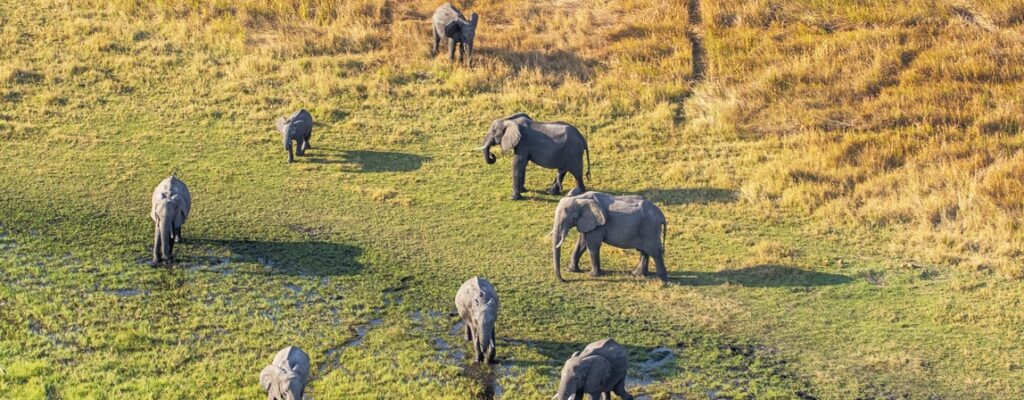Perspectives Posted on 2024-07-26 17:45:32
WOAH actions
The role of wildlife health and biodiversity efforts at the World Organisation for Animal Health in advancing the One Health approach
Keywords
Authors
The One Health approach is critical for risk management at the human–animal–environment interface and includes prevention, preparedness and response. Despite its essential importance in the One Health approach (e.g. in curtailing pandemics), the role of prevention is not given due consideration. WOAH endeavours to address this limitation by intensifying its efforts in wildlife health activities to address health challenges at their source. This contributes to reducing the risk of pathogen spillover and transmission between animals and humans, and helps decrease the likelihood of future disease emergence and pandemics.
This proactive approach involves continued surveillance for emerging diseases, including monitoring of wildlife diseases, spillover and risk drivers, as well as monitoring legal and illegal wildlife trade, and regulated and unregulated supply chains. Such an optimal and comprehensive monitoring and surveillance system is critical for building any kind of early-warning-system for future pandemics. In addition, such systems will also enhance our understanding of disease emergence hotspots with pandemic potential, which will, in turn, inform the appropriate and targeted preventive measures.
Another vital dimension of the One Health approach revolves around healthy and functional ecosystems, which are key to bolstering our resilience against future health threats by mitigating future disease emergence and transmission risks. To actively preserve biodiversity and ecosystems, WOAH works towards reinforcing the capabilities of the animal health sector and Veterinary Services, including through training programmes.
To build a strong One Health foundation that can predict future pandemics and maintain healthy ecosystems, the One Health approach is founded on principles of collaboration that transcend sectors, disciplines and organisations. WOAH’s approach demonstrates such a cross-sectoral, multidisciplinary and cooperative approach, as we aim to unite veterinary experts with experts in human health and environmental health disciplines, and in other fields.
A testament to this collaboration is the recent OH Joint Plan of Action developed by the Quadripartite Collaboration for One Health (FAO, UNEP, WHO and WOAH), which features a dedicated action track that integrates the environment, including wildlife health, within the One Health agenda. The objectives of such an approach are to safeguard biodiversity, prevent ecosystem degradation, and collectively support the well-being of humans, animals, plants and ecosystems, in alignment with sustainable development.
By embracing the One Health approach and ensuring that wildlife health and biodiversity are adequately integrated into its implementation, WOAH contributes significantly to a healthier, safer and more resilient world.
https://doi.org/10.20506/bull.2024.1.3496











